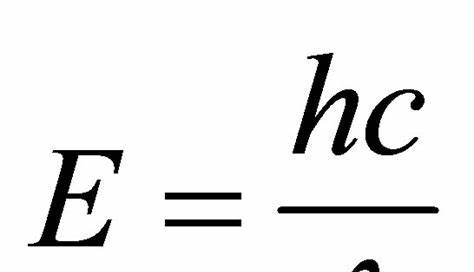Theology Advances — One Funeral at a Time
The central theme of this site and of the book that we are writing is that we need a theology for our times. A secondary theme is that the new theology will require us to abandon old ways of thought. Everyone — including theologians, seminarians and ordained clergy — will need to accept new paradigms in an Age of Limits.
Theology is not, of course, the only discipline that has to accept a new paradigm every so often. Such a shift occurred in the early years of the 20th century as physicists challenged many of the accepted ways of thought. One of those physicists was Max Planck (1858-1947) who won a Nobel Prize in Physics in 1918 for his discovery of energy quanta. His discoveries changed our understanding of the basic principles of physics. However, other scientists were not so quick to change their views. This led him to say,
A new scientific truth does not triumph by convincing its opponents and making them see the light, but rather because its opponents eventually die, and a new generation grows up that is familiar with it.
His insight prompted Azoulay and his colleagues to write a paper, “Does Science Advance One Funeral at a Time?” Their conclusion seems to be that the correct answer to their own question is “Yes” (Pierre Azoulay, 2019). They say,
In the end, our results lend credence to Planck’s infamous quip . . .
These conclusions make one wonder if the same phenomenon applies to the world of theologians. Is it going to take a new generation that “gets” climate change to set the church on a more realistic path?




